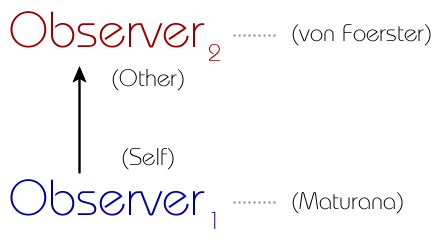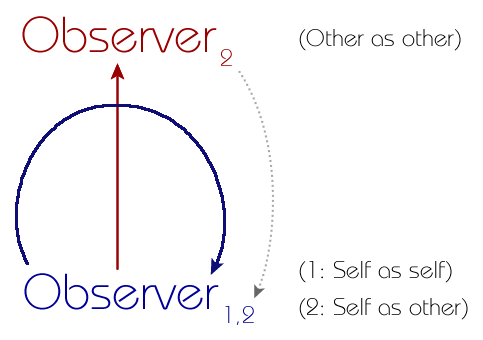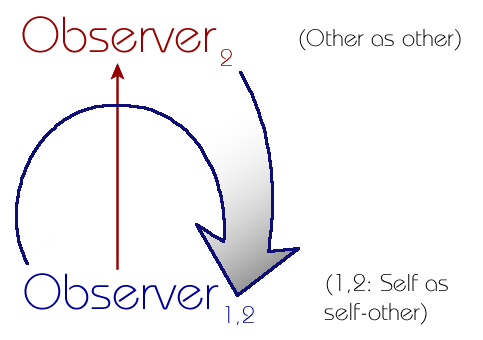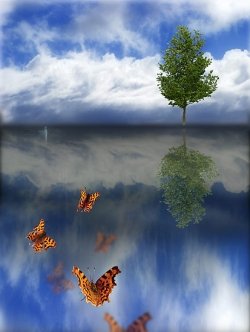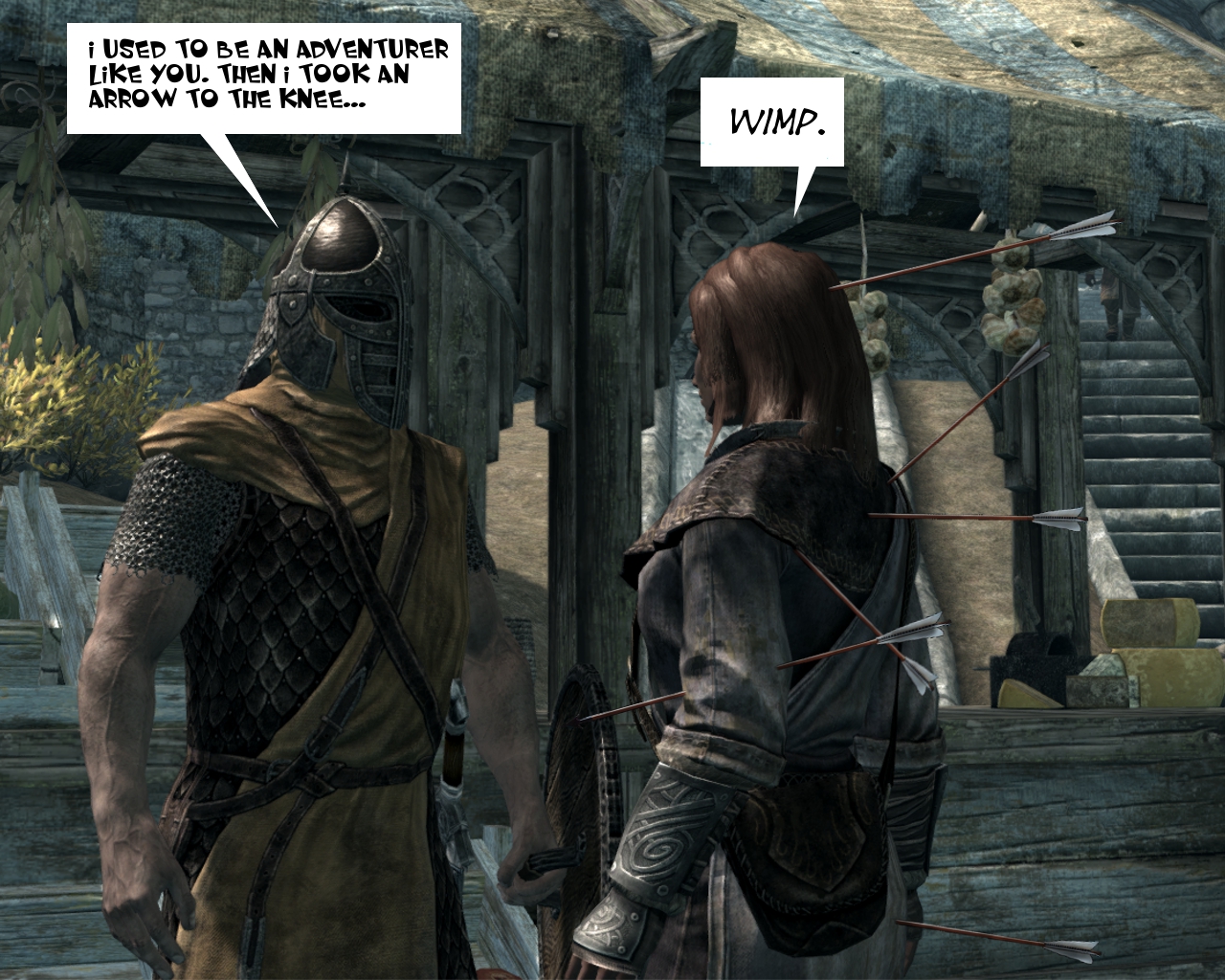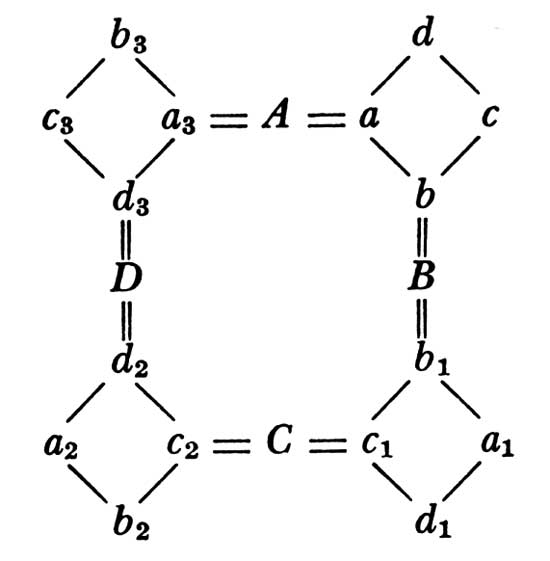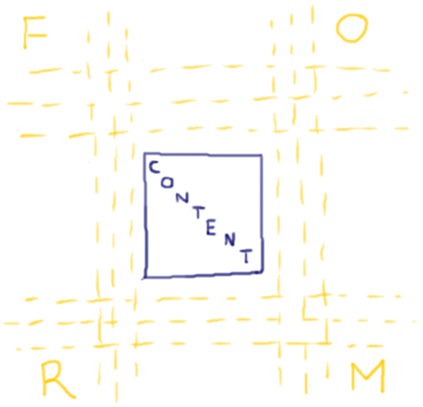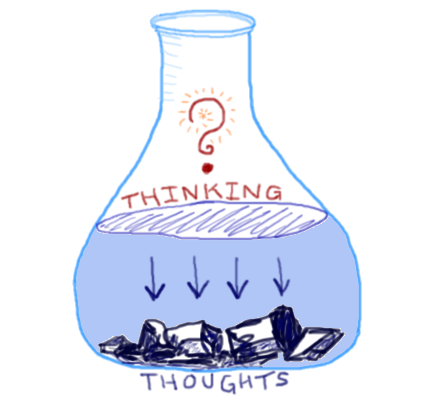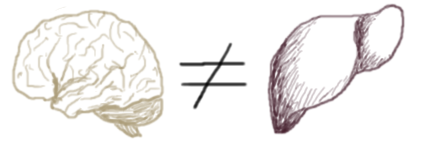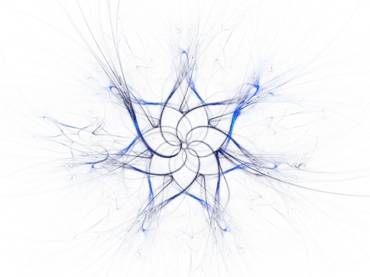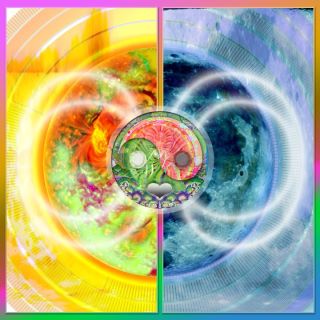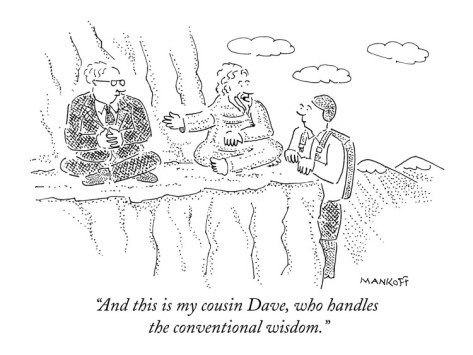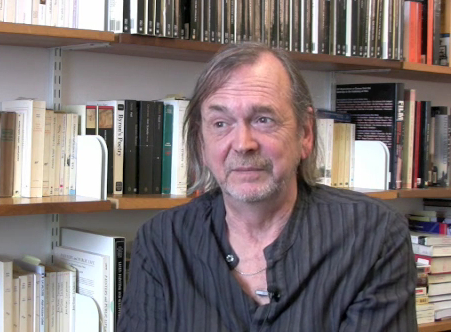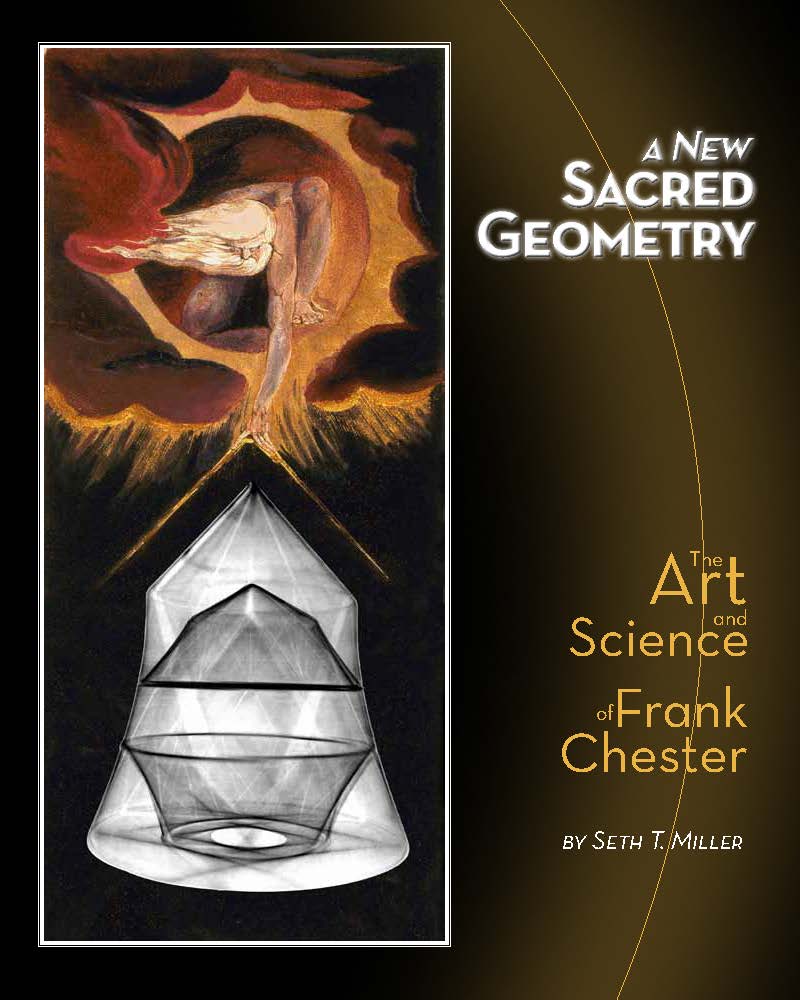Apr
15
2012
All epistemologies are observer-dependent; i.e. there is no single epistemology that applies to all possible observers, because every observer is unique in some way. The necessary inclusion of the observer in any description of the world is a deeply obvious and yet profound principle. It was neatly expressed in Heinz von Foerster’s article Cybernetics...
Feb
01
2012
How you use your attention in waking life has definite effects in your dreaming life. The following is my distillation of some insights from anthroposophy in this regard, which I offer as one way of looking at this phenomenon, specifically around the issue of video games and dreaming. This post should provide an appropriate...
Jan
22
2012
All the qualities of the physical world exist through the interrelations of things to each other. What Moleschott says is correct for physical existence: 'All existence is an existence through qualities. But there is no quality that does not exist through a relation.' Just as everything of a soul nature contains something in itself...
Jan
21
2012
Abstract
This essay outlines connections between the Elemental Cycle as an archetype of transformation, transdisciplinarity, and cybernetics. A number of questions are addressed: the nature and importance of connecting these fields, an examination of resources and the dominant disciplinary discourses for the associated fields, and a critical examination of my assumptions, beliefs, and position.
Introduction
How often...
Jan
12
2012
Form and Content
Understanding change is a very difficult task. No aspect of our world, either experienced outwardly through our senses or inwardly through our feelings and thoughts, seems exempt from the paradoxical rule that the only constant is change. It is possible to examine the way change occurs at many levels. At the “lowest”...
Jan
09
2012
Introduction
About 100 years ago the birth of quantum theory changed forever how humans perceive the universe… sort of. Certainly “quantum physics” is a phrase found far outside the boundaries of physics classrooms, and has even achieved a fairly wide popularity through movies such as What the Bleep and works like Fritjof Capra’s Tao of Physics. Does this...
Dec
28
2011
This question is a touchstone for the modern human dilemma, and it's all about consciousness.
I've recently been in some discussions around transitioning to being vegetarian/mostly vegan. Part of the discussions revolve around the available evidence for the state of affairs with respect to our food production. Two heavy-hitting potential sources for perspective can be...
Oct
29
2011
http://vimeo.com/10929373
This is a great interview with Professor Andrew Pickering, University of Exeter, author of The Cybernetic Brain: Sketches of Another Future.
It gives a nice introduction to some key aspects of cybernetics. He doesn't make much of a distinction between first and second-order cybernetics, but it is a great presentation. Some highlights (in note form,...
Sep
13
2011
(New readers will want to start with the first installment.)
We ended the last installment by discussing the esoteric nature of the injunction. We continue this exploration, and bring this series to a close.
LoF p. 81
In the command "let the crossing be to the state indicated by the token" we at once make the token doubly meaningful, first...
Sep
06
2011
(New readers will want to start with the first installment.)
We ended the last installment with a recognition that the Laws of Form naturally led GSB to an understanding of both the necessity and importance of the realm of imaginary numbers. We will continue this elaboration.
You are likely familiar with the paradoxical sentence: "This sentence is...
Aug
30
2011
(New readers will want to start with the first installment.)
We ended the last installment having come to realize something of the esoteric significance of the taijitu, or yin-yang, form, in something of an extended tangent. We return now to the text.
GSB himself seemed to understand the importance of the Laws of Form, even if there...


